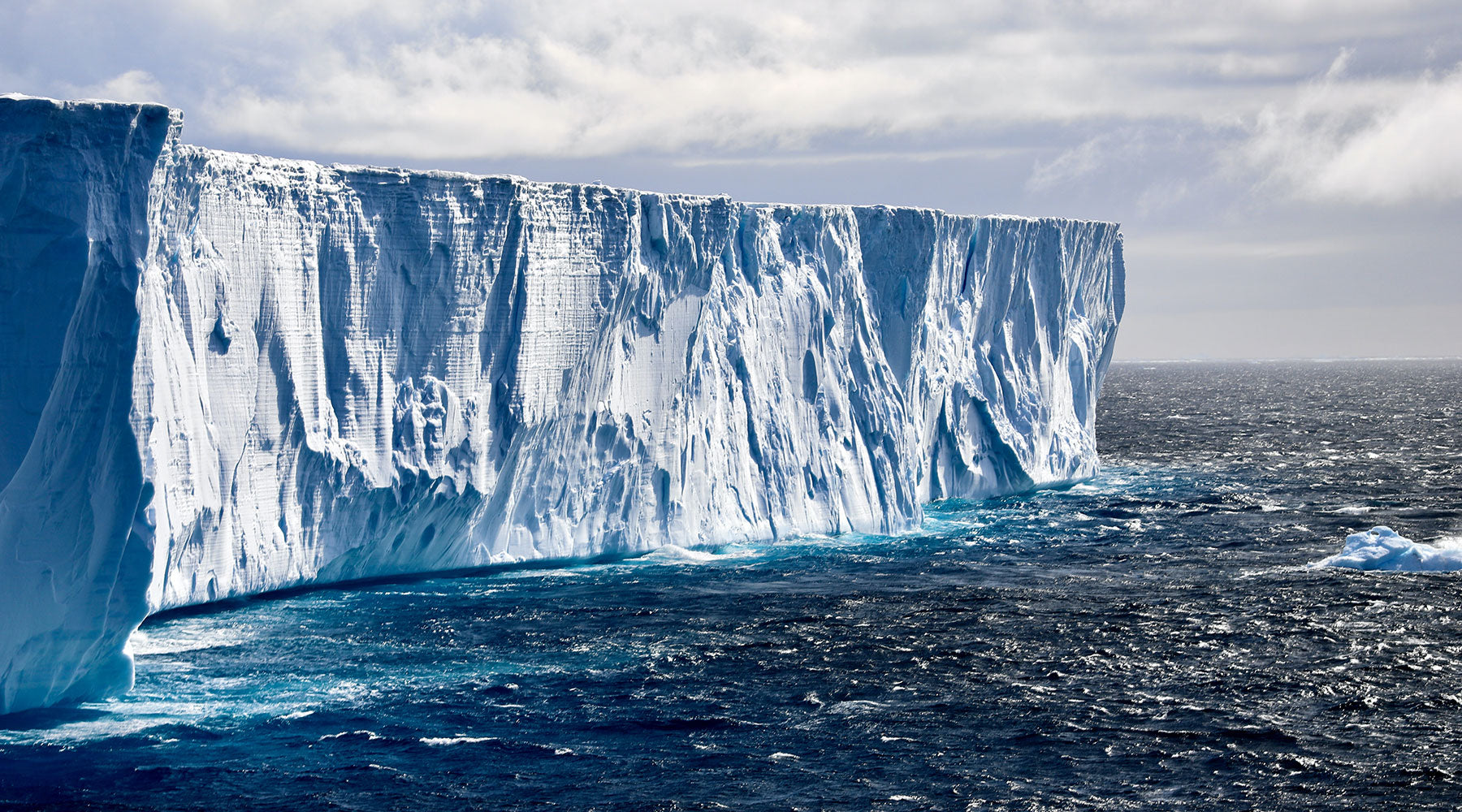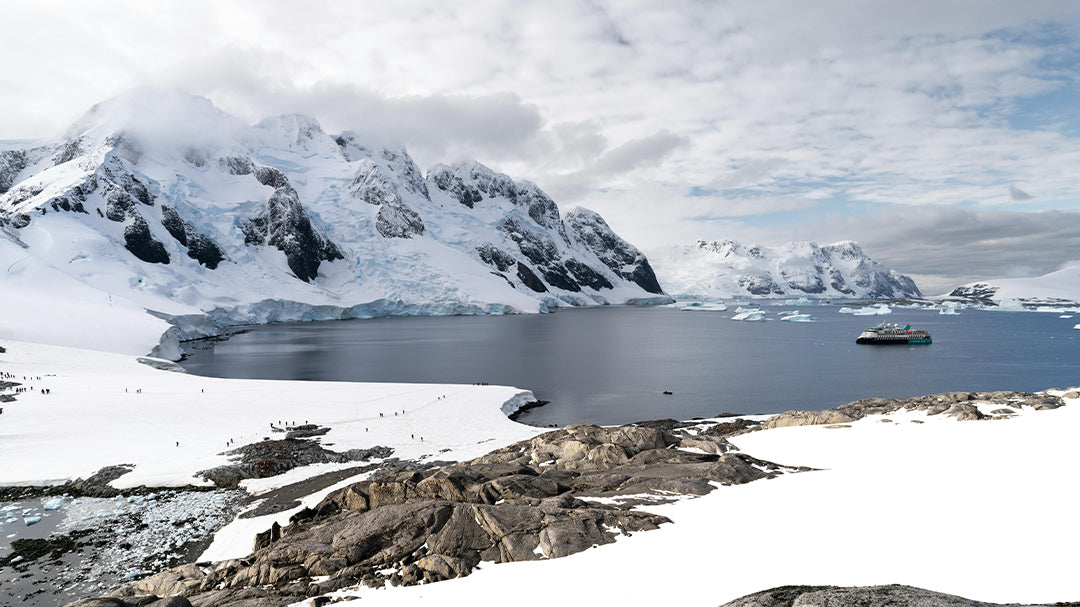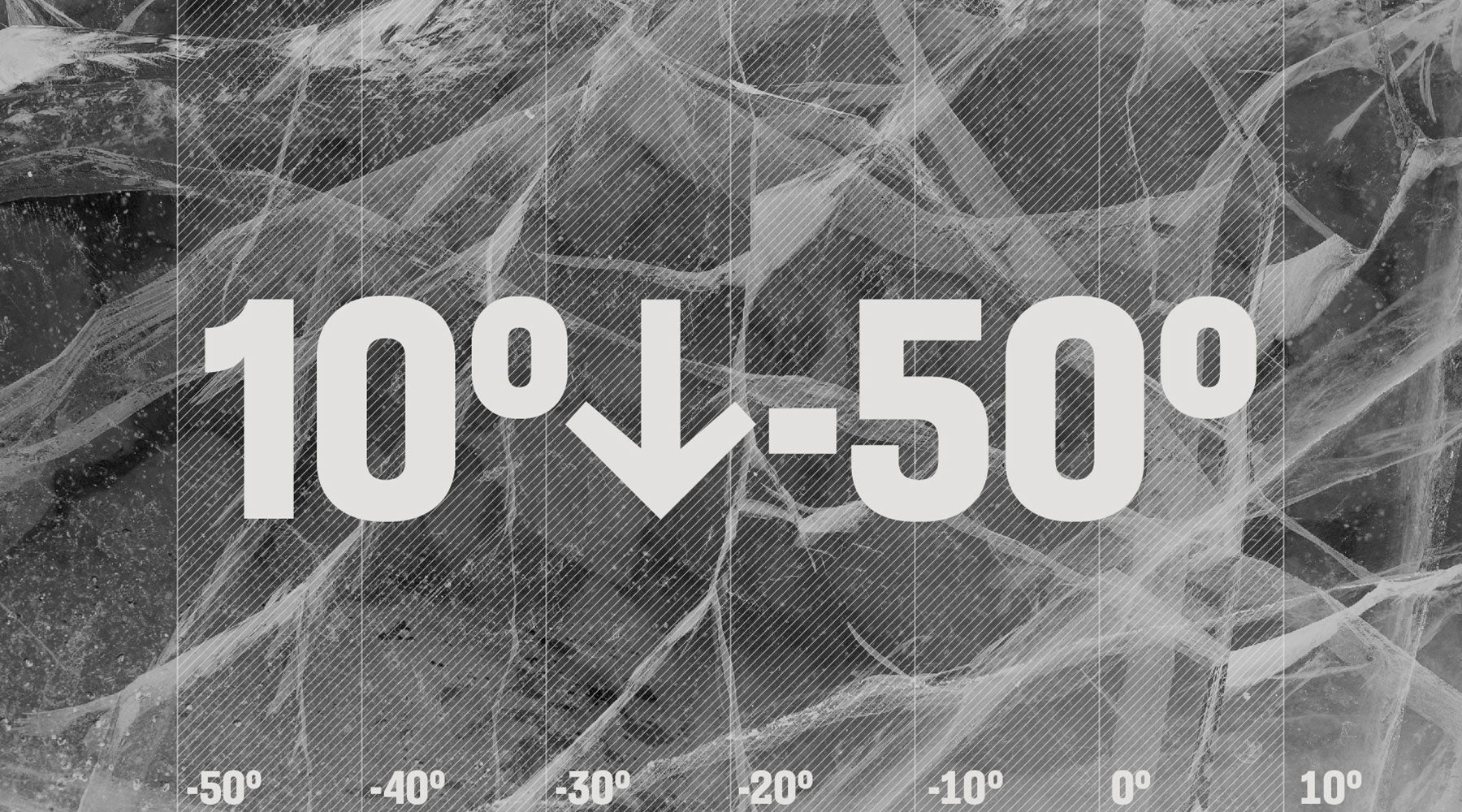
Did you know? 12 facts about Antarctica
As we celebrate the seventh continent during Antarctica Now, we've listed some of the facts and figures that make the Antarctic such a marvel. A marvel that needs to be protected at all costs.
No country owns Antarctica. The Antarctic Treaty was signed on 1 December 1959 – it dedicates the continent to peaceful research activities (48 nations have now signed the treaty)
99% of Antarctica is covered by ice (if Antarctica’s ice sheets melted, the world’s oceans would rise by 60-65 meters)
The average thickness of Antarctic ice is about one mile – at its deepest, however, it is an immense three miles thick
Antarctica is home to Mount Erebus, the southernmost active volcano on the planet and home to earth's only long-lived lava lakes
Antarctica is home to 70% of the planet's freshwater and 90% of the planet's freshwater ice
While sled dogs were used by the early Antarctic explorers such as Ernest Shackleton and Amundsen, they were banned from Antarctica in 1994 over concerns that the dogs might transfer diseases such as canine distemper to the seal population

The coldest temperature ever recorded was -89.2ºC, registered on 21 July 1983 at Antarctica’s Vostok station
The Dry Valleys in Antarctica are the driest places on earth – it’s thought they haven’t experienced rain or snow in two million years
One of the world’s biggest mountain ranges – the Gamburtsev Mountains – are hidden under the ice. They stretch out more than 1200 kilometres, with the highest peaks estimated to be around 2800 meters tall
Over the past 50 years, average temperatures across the Antarctic Peninsula have increased by 3ºC – five times the average increase on earth
Global warming is causing around 250 gigatons of ice to melt every year (one gigaton is a billion tons)
Residents of Villas Las Estrellas, a settlement on King George Island, have to have their appendix removed if they want to live there


